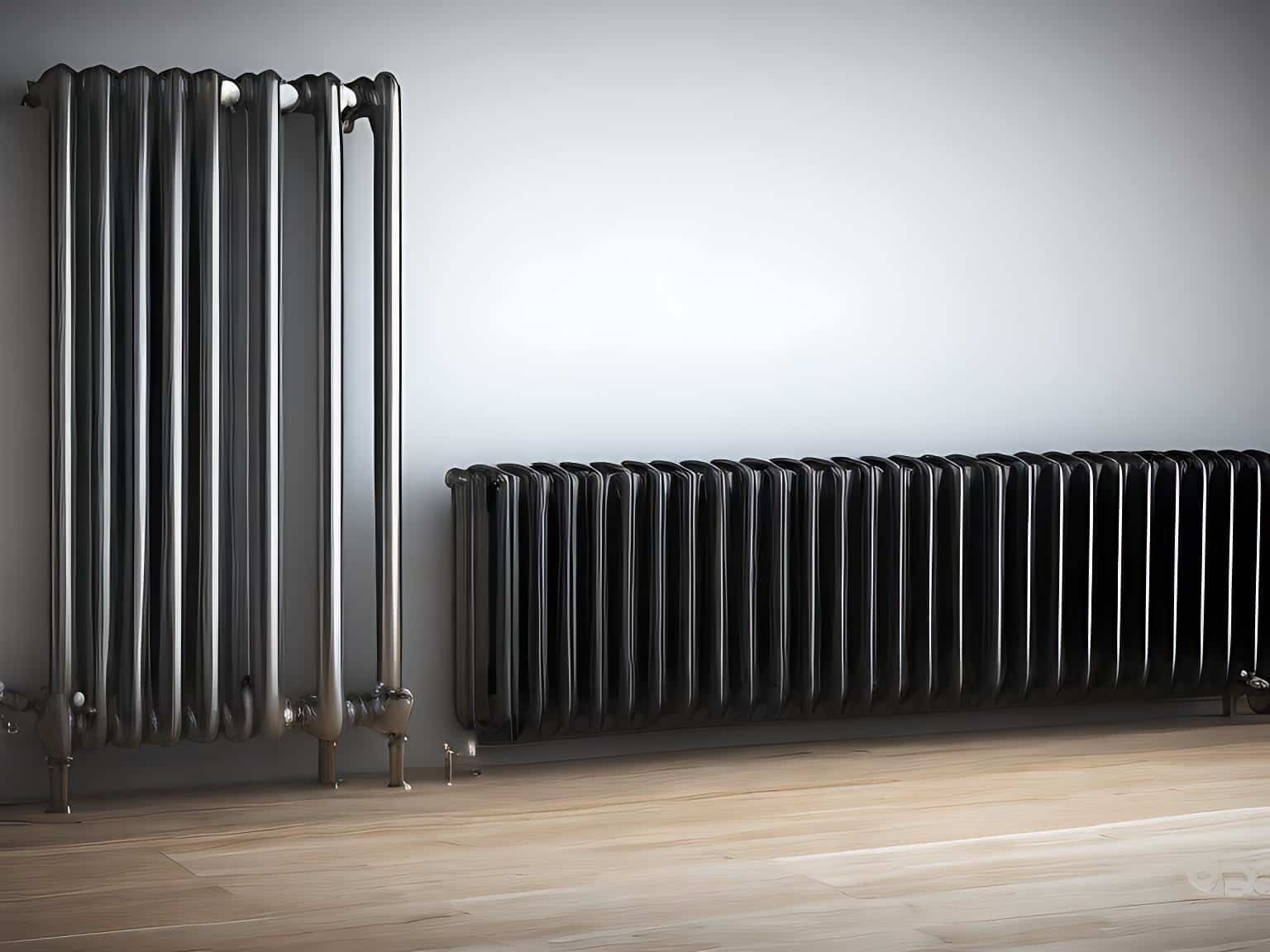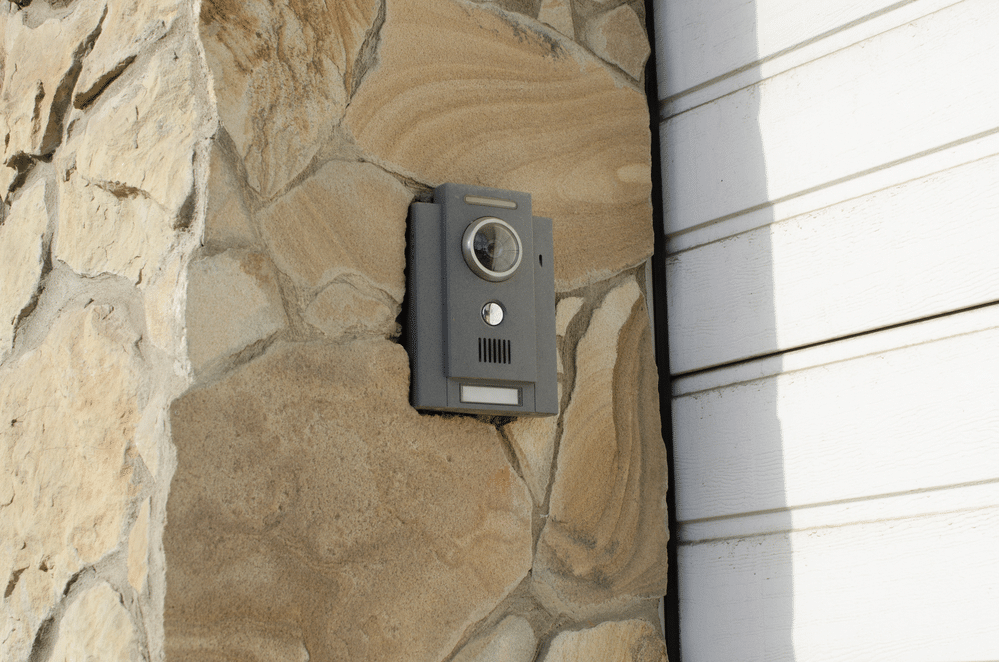Last Updated on
Have you ever noticed an unpleasant smell coming from your oil filled radiator? You’re not alone. Many people wonder why their radiators are giving off a strange odour and ask themselves, “why does my oil filled radiator smell?” The answer is yes – but it doesn’t have to. In this blog post, we’ll explore what causes the smell and how to prevent it in future. We’ll also take a look at the science behind why these radiators produce such odours so that you can make sure your home stays fresh-smelling all year round. So if you want to know more, read on for some helpful advice.
Table of Contents:
What Causes the Smell?
Oil filled radiators are a popular choice for home heating, but they can sometimes emit an unpleasant smell. This is usually caused by the build-up of dust and dirt on the radiator’s surface. As these particles accumulate, they create an environment where bacteria and mould can thrive. The result is a musty odour that can be difficult to get rid of.
The Science Behind It
When it comes to oil filled radiators, the smell can be a real nuisance. But what causes this unpleasant odour? The answer lies in the science behind how these radiators work.
Oil filled radiators are heated by an electrical current that passes through the oil inside them. As the oil is heated, its molecules break down and release volatile organic compounds (VOCs) into the air. These VOCs are responsible for creating odours such as musty smells or even burning plastic-like scents when they mix with other airborne particles like dust and dirt.

The amount of VOCs released depends on several factors including temperature, humidity levels, and ventilation in your home or office space where you have your radiator installed. Higher temperatures mean more molecules breaking down which leads to higher concentrations of VOCs being released into the air – resulting in stronger odours coming from your radiator. Similarly, poor ventilation means less fresh air entering your space which can also cause smells to linger longer than usual.
Understanding the science behind why oil filled radiators can smell is an important step in preventing and eliminating odours from your home. Fortunately, there are ways to prevent these smells from occurring in the first place. Let’s look at how to prevent these smells from occurring in the first place.
Preventing Smells

Smells from oil filled radiators can be a real nuisance, but there are ways to prevent them. Regular maintenance is key when it comes to keeping your radiator smelling fresh and clean. Start by cleaning the outside of the radiator with a damp cloth or sponge, making sure to remove any dust or dirt that may have accumulated over time. This will help keep air circulating around the unit and reduce odours.
Next, you should check the oil level in your radiator every few months and top it up if necessary. Low levels of oil can cause an unpleasant smell as well as reducing efficiency, so make sure you’re topping up regularly. You’ll also want to inspect all hoses for cracks or leaks which could be causing bad smells too – replace any damaged parts immediately if needed.
Finally, consider using a deodoriser specifically designed for radiators such as one containing activated charcoal which helps absorb odours naturally without leaving behind any residue on surfaces like other sprays do. Place this inside your radiator before turning it on and enjoy fresher air in no time.
By following these simple steps you can ensure that your home stays free from smelly radiators all year round. Remember, regular maintenance is essential for preventing bad smells from developing in the first place so don’t forget to give yours some TLC every now and then; it will thank you later.
Conclusion
So, there you have it. We’ve answered the question “why does my oil filled radiator smell?” and discussed what causes the smell, the science behind it, and how to prevent smells from occurring in the first place. With a little bit of maintenance and care, your oil filled radiator should be free of any unpleasant odours.
Paul is the type of person who never met a problem he couldn’t fix. He can always be found tinkering with something in his house, even if it isn’t broken! His tips and tricks are often shared on our site. He’s the one you call when something breaks because he has been known to improvise fixes for everything from leaky faucets to malfunctioning dryers.



